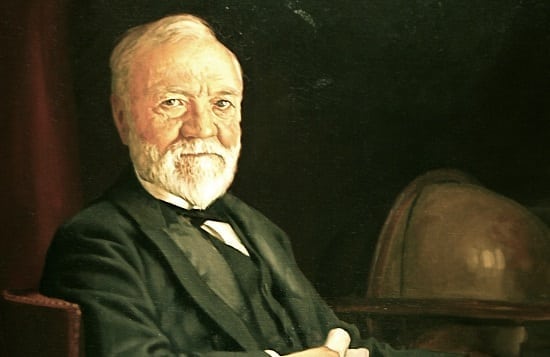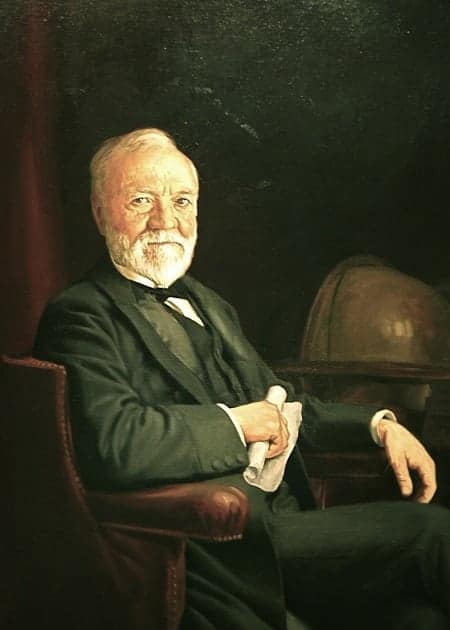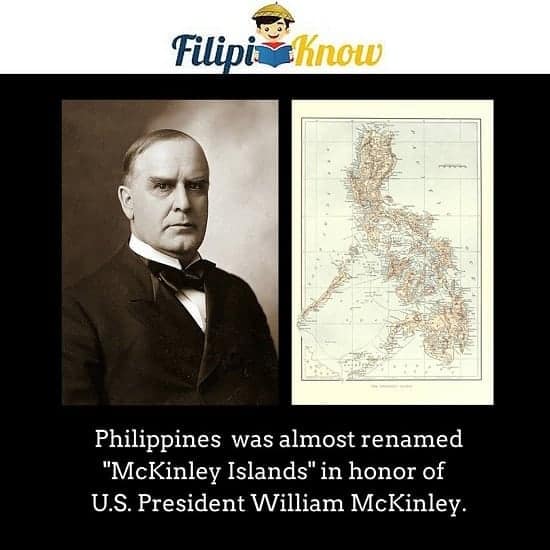How The World’s Richest Man Tried To Save The Philippines

Do you remember that one controversial answer that put Pia Wurtzback one step closer to winning the Miss Universe crown?
If I remember it correctly, she said something about the long history of friendship between the Philippines and the U.S., and how it could justify the latter’s military presence in our country.
Well, it didn’t sit well with the critics. And most of them believe that the Philippine-American War is more than enough to prove how cruel Americans can be.
READ: 8 Dark Chapters of Filipino-American History We Rarely Talk About
We all know what transpired during those tumultuous times. America bought our country from Spain for 20 million dollars. Our forefathers weren’t happy with the agreement and wanted our freedom back. The conflict became so bloody that it resulted in the deaths of 4,000 American troops and as much as 200,000 Filipinos (mostly civilians who died from disease).
And that makes us wonder: How come the US didn’t see it coming?
Turns out, there were anti-Imperialists who were able to foresee these things. One of them was no less than Andrew Carnegie, a self-made steel magnate, philanthropist, and among the richest human beings ever existed.

Carnegie was against the annexation of the Philippines. But he didn’t just put his opinion on paper. In 1898, while the Treaty of Paris was underway, he went to see U.S. President William McKinley to personally talk him out of that agreement.
The wealthy businessman was so against the idea that he went so far as offering 20 million dollars—the same amount stipulated in the treaty—so Filipinos could buy their independence from the United States.
As for the reason why he made such offer, the one published in the May 16, 1902 issue of The New York Times was nothing short of prophetic:
“…..Mr. Carnegie went to Mr. McKinley when the Spanish treaty was pending, and said to him that America was in face of war in the Philippines; that our people and the Filipinos would soon be killing one another, and he asked to be sent to Manila with the fullest authority to declare that America desired good things for the little brown men and would soon recognize their independence….”
Apparently, his offer was declined, and now remains one of the greatest what-ifs that would have changed Filipino-American history.
Bonus Trivia: Philippines was almost renamed “McKinley Islands.”

In 1901, there was a proposition in the U.S. to change the name of the Philippine Islands to “McKinley Islands,” in honor of President William McKinley who was assassinated that year.
According to the September 30, 1901 issue of the New York Tribune, the proposition was intended to be presented “before the next Congress” and there was no doubt that it would be accepted.
The Americanization of the Philippines would not only change its name but also those of different provinces and islands within the country:
“This part of the scheme embraces the idea of bestowing upon the different islands and provinces the names of the men most prominently identified with the acquisition and management of the islands. For instance, the members of the American Commission which negotiated the Paris Treaty would thus be honored, as well as the names of Admiral Dewey, General Lawton, Governor Taft, General Otis, Secretary Root, and others.”
The report also pointed out that “this proposed change would link his (McKinley) name with the government of the country for all time and also would be a constant and conspicuous reminder to future generations throughout the world that it was in his administration that the republic expanded its beneficent influence to the Orient and there established in enduring form its institutions and systems.”
President McKinley is remembered in Philippine history as the one who issued the “BENEVOLENT ASSIMILATION PROCLAMATION” in 1899.
The said proclamation emphasized the “altruistic” mission of the U.S. in acquiring the Philippines and that the U.S. has “come, not as invaders or conquerors, but as friends, to protect the natives in their homes, in their employment, and in their personal and religious rights.”
Obviously, the proposition didn’t push through. And that leaves us wondering what would have happened had the Congress approved the name change.
Written by FilipiKnow
FilipiKnow
FilipiKnow strives to ensure each article published on this website is as accurate and reliable as possible. We invite you, our reader, to take part in our mission to provide free, high-quality information for every Juan. If you think this article needs improvement, or if you have suggestions on how we can better achieve our goals, let us know by sending a message to admin at filipiknow dot net
Copyright Notice
All materials contained on this site are protected by the Republic of the Philippines copyright law and may not be reproduced, distributed, transmitted, displayed, published, or broadcast without the prior written permission of filipiknow.net or in the case of third party materials, the owner of that content. You may not alter or remove any trademark, copyright, or other notice from copies of the content. Be warned that we have already reported and helped terminate several websites and YouTube channels for blatantly stealing our content. If you wish to use filipiknow.net content for commercial purposes, such as for content syndication, etc., please contact us at legal(at)filipiknow(dot)net